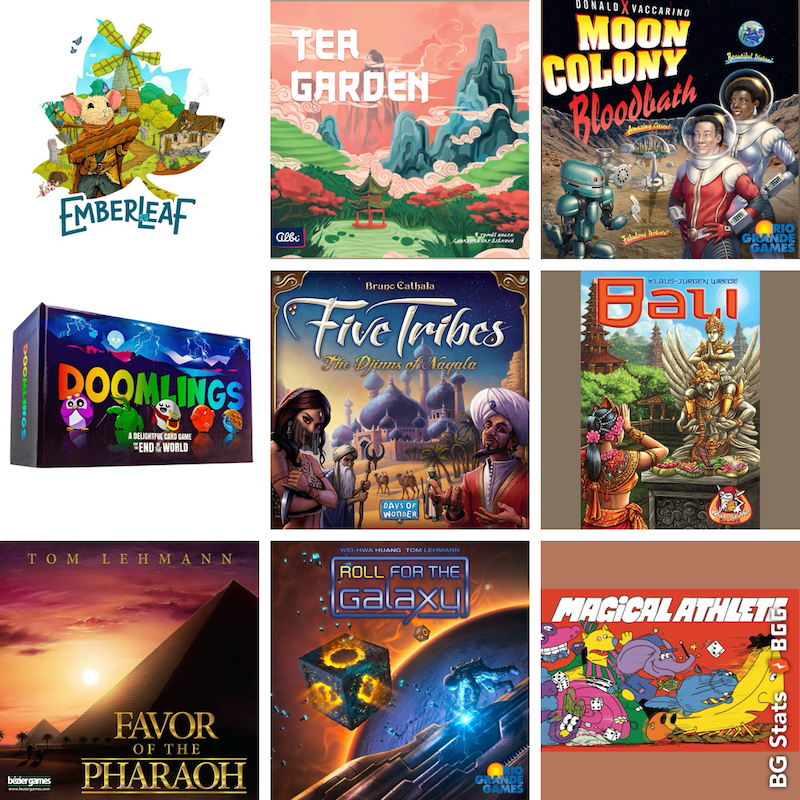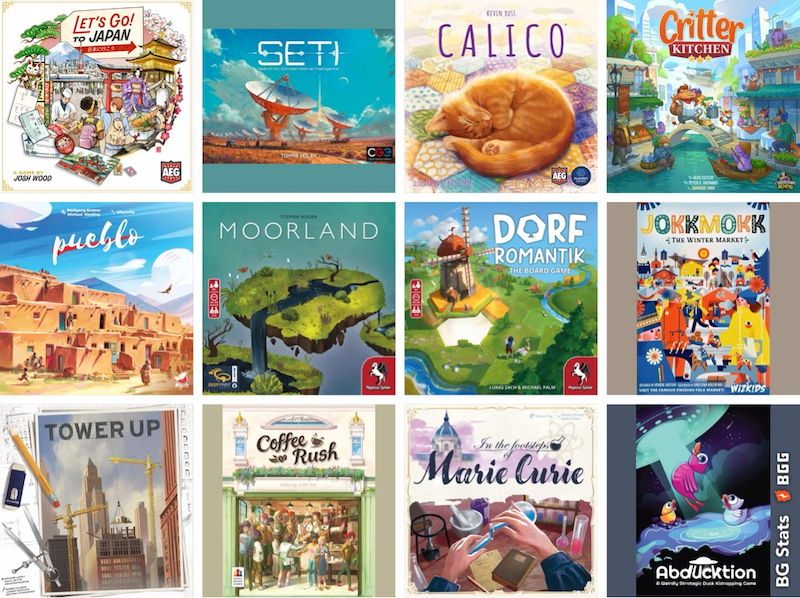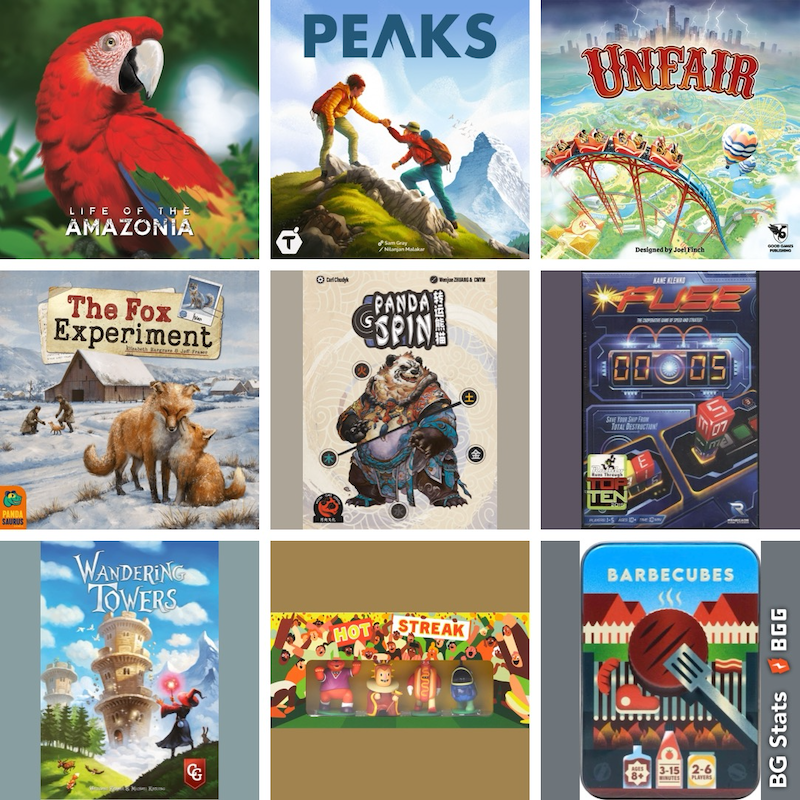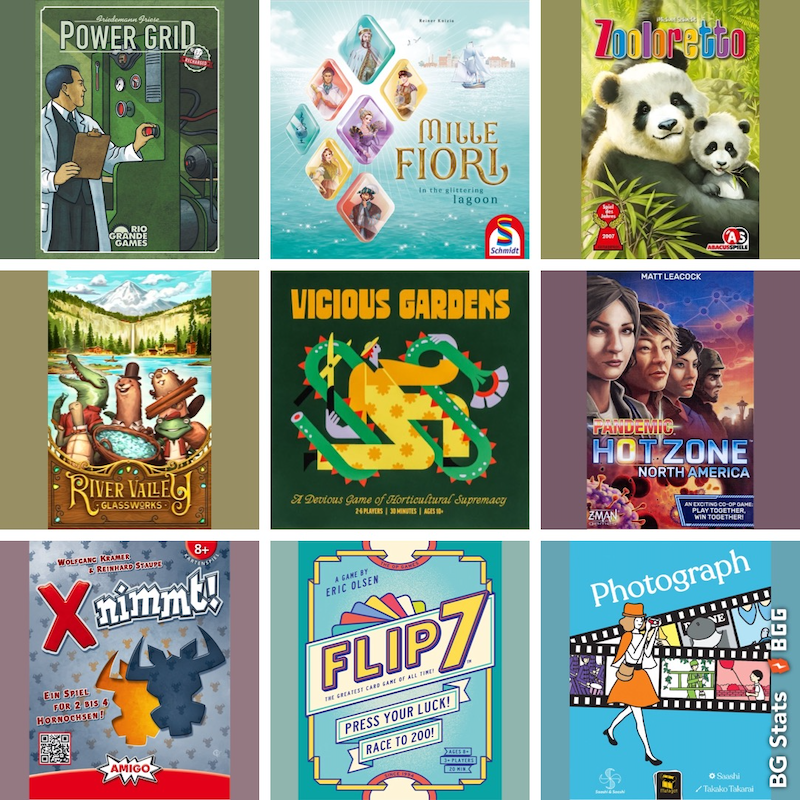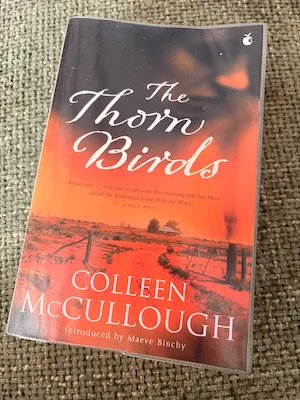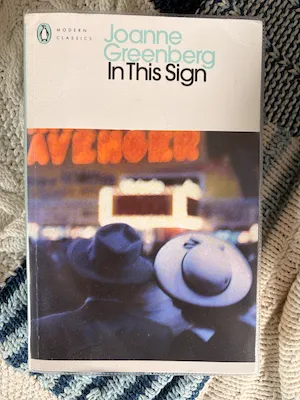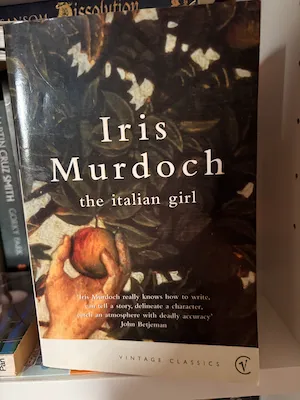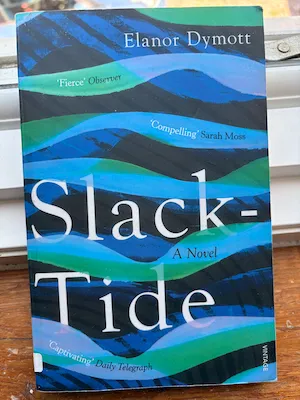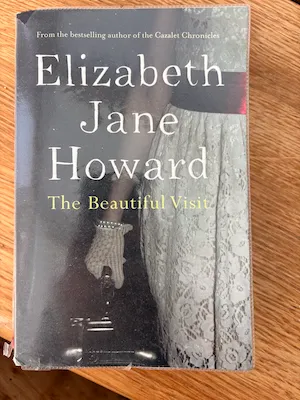Emberleaf & Tea Garden
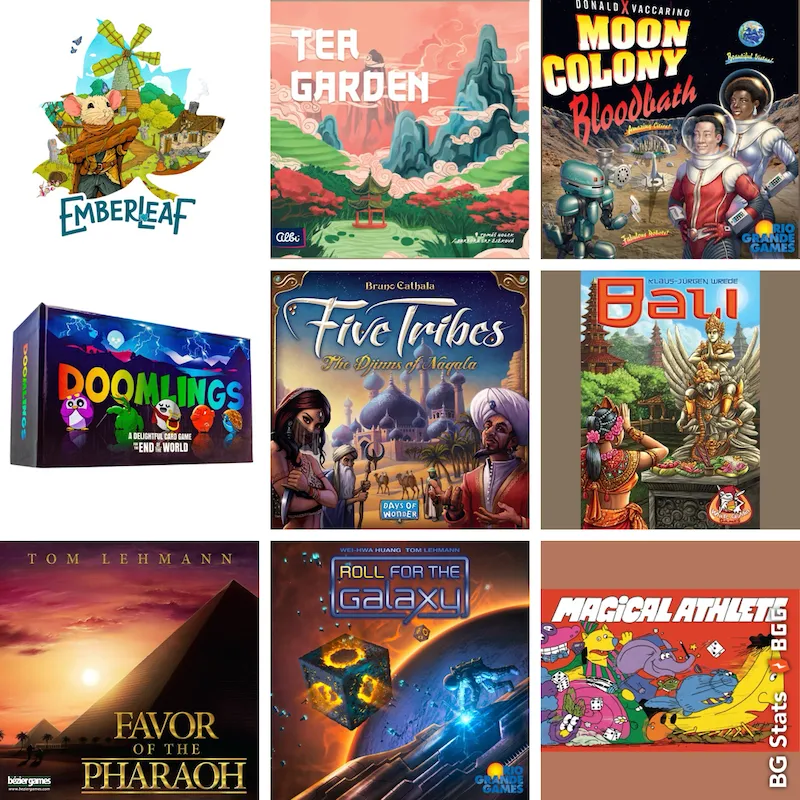
Thankfully my rate of picking up new game plays slowed a little at the end of August and through September. I’ve been consciously choosing to play something I already know I enjoy rather than picking the shiny new thing, and that’s been good too. Apparently only the first two games here were interesting enough that I photographed them 🤷♀️ . That feels a little unfair but also, yes, I think that’s just how it is. They were definitely my favourites of the group here and most of the rest were just me going along with what other people wanted to play.
Emberleaf
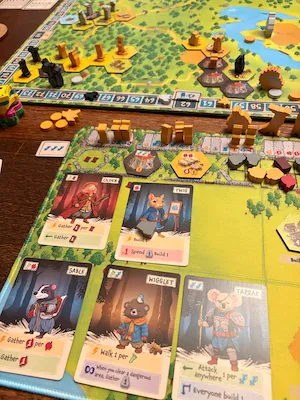
A friend who runs one of the board game groups I attend backed this on Kickstarter, but it never gets to the table at the group because he is always busy teaching games. I must have looked at it longingly one too many times as he invited me over to play a game of it with him and his wife one evening. Anything with woodland creatures and stacks of unique cards would have to try pretty hard for me to dislike it but thankfully I enjoyed it just as much as I thought I might do.
You have a playmat with eight spaces for cards and on most turns you play one card down and do the action it says on it, and the strength of that action may depend on the other cards previously placed down. But then there are also turns where you slide your cards across the playmat and some of them have actions that fire when you do that; and other cards have actions that fire when they drop off your playmat entirely. So you have at least three different things that you want your cards to do and you’re trying to get everything in the right place to make the most of them.
But that’s not all. There’s also a board with woodland clearings where you are trying to build homes for animals, and remove the dangerous areas from the wood. And you’re trying to get the resources to build the buildings you want and get them in the configuration you want, with the animals you want. There’s a lot of different ways that things can go together but it didn’t feel overwhelming after the first couple of rounds of play.
I jumped at the chance to play it again a couple of weeks later. Slightly annoyingly we messed up a rule in that second play that skewed the game and slowed it down a bit too, but I still enjoyed it and hope to play it many more times. The game comes with different decks of cards so in the second game I played I had a completely different set of cards to start with than in the first game. There’s a bit of a deckbuilding aspect to it as well though the number of cards that you can add to your hand is a bit minimal - we thought we’d misread the rules to start with - but you just have to be selective with what’s good to add to your deck and it doesn’t feel like a buy/play/shuffle deckbuilder at all.
Tea Garden
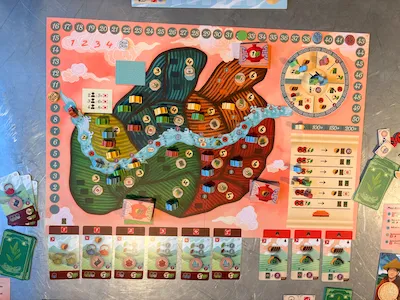
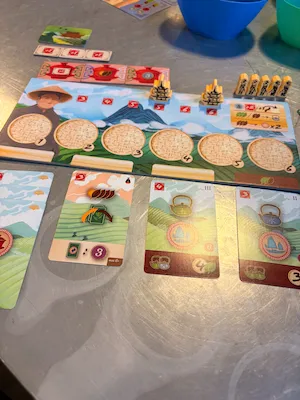 This was a game I’d been wanting to get and had on my wishlist but the release date kept being pushed back and I lost track of it. The first I knew of it being released was when it appeared on a table in front of me at a gaming session, which was rather nice!
This was a game I’d been wanting to get and had on my wishlist but the release date kept being pushed back and I lost track of it. The first I knew of it being released was when it appeared on a table in front of me at a gaming session, which was rather nice!
This is also a bit of a deckbuilder, probably more so than Emberleaf, but also has a number of things going on. The game goes through five rounds and you have three turns on each (with the possibility of buying a bonus fourth action). You start with a supply of green tea leaves and can plant tea gardens which will harvest you more, perhaps better, green tea each round. You can sell your tea to passing caravans for bonuses and points, this was mostly what I did in my first game. Better strategies seemed to involve going to tea university and earning bonuses there; or pleasing the emperor and gaining bonuses from him too. There’s also a boat that sails along the river and earns stuff too.
It’s a gentle game that looks lovely on the table, but I think there’s probably quite a lot of strategy here in buying the right cards at the right time and playing them make the most of the bonuses.
Moon Colony: Bloodbath
It looks like deckbuilding is the theme of the month! This is another twist on deckbuilding from the creator of Dominion, the original deckbuilding game. In this one the twist is that the deck is built by all the players together and every card is turned over in turn resulting in good things happening to one player if they’ve added the right cards to the deck, or bad things happening to every player if bad cards have been added to the deck. It’s a game of building up a colony on the moon, and, as you might expect from the title, it all going wrong. It’s quick and silly and made a good end of the session game when you don’t want to think too much.
Doomlings
Another game about the end of the world. Though actually it starts with the birth of life. The size of your hand is your “gene pool” and you play cards from it to evolve a lifeform, variously stealing from and wrecking the other life forms around the table as you evolve. I was drawn in by the shiny rainbow coloured box and I wasn’t disappointed. It’s easy to understand and quite silly.
Five Tribes
A long way from a new game but I’ve never played this before, and have been vaguely intimidated by the abstract look of the grid of tiles full of meeples, despite the fact that it’s published by Days of Wonder who generally veer towards family weight games. I got thrown in at the deep end with two expansions included in my first game and came a distant third to two experienced players who tied the game, but didn’t feel that was too bad really! The gameplay is that you pick up a group of meeples from one tile and walk them across the board dropping one of them off at each tile until at the last tile you do an action strengthened by how many meeples of the same colour as the last one you dropped off are on that tile. Then you remove those coloured meeples from the game, perhaps keeping them for scoring purposes. Each colour has a different action. It’s very much a game where whatever you do is leaving an opening for your opponent so a lot of the time you’re trying to pick the least worst move, taking points for yourself whilst trying to leave as few as possible behind. I’m glad to have played it and would be happy to play again but it’s definitely not top of my list.
Bali
A fairly short card game about shrines and making offerings to gods, which we realised after playing it is basically a stocks and shares game where you need there to be cards in play of certain types in order for those to score highly but you also need to keep those cards in order to be able to score them. I liked the mechanics better with the Bali theming than I would have done if it had been straight stocks and shares though.
Favor of the Pharaoh
I’d say that this is basically an expansion of Yahtzee to a full game except that during this game I realised that not everyone grew up playing Yahtzee! One of the players had no idea what we were talking about when we went straight into talking about full houses and four of a kinds. One of the things I like about board games is that a lot of mechanics are shared between games and when they are put together in different ways they make for different experiences. Novel mechanics are always fun but there’s nothing wrong with a lot of the old ones. And I enjoy dice rolling as long as the odds can be manipulated and the stakes aren’t too high. This seemed to get a bit over complicated towards the end but I think that was probably more that we were having to explain everything very carefully to the new player rather than using experienced player shorthand. A learning experience for me in a different way than I expected.
Roll for the Galaxy
I thought I’d played this before, but it turned out that it was sibling game Race for the Galaxy that I’d played before, that one was cards and this one is dice, as well as tiles. I think this is probably the simpler game but coming at it thinking it was something else meant I got more confused than I should have done (actually this is the younger sibling of the two games, I thought it was the other way about). It certainly didn’t feel any simpler and it’s a bit weird that you roll your dice and then secretly assign them to different actions. I don’t cheat, I don’t think most board gamers cheat, I don’t see the point in playing if you’re going to cheat, but the opportunity to manipulate your dice behind your screen kept coming into my head all the same! I didn’t and wouldn’t! The game might grow on me with future plays, and I wouldn’t turn it down but I felt like I preferred Race anyway.
Magical Athlete
The box has a helpful picture on the back of a hand rolling a die. So if you’ve never seen a die rolled this is the game for you. I jest, and the game is clearly tongue in cheek channelling all the roll and move games you ever played as a kid (though I guess not everyone did). There’s a massive stack of playing pieces in the game and you draft them based on their abilities - or as I was given first choice in the first round of drafting, you just pick the giant baby because it’s the biggest piece in the game and therefore must be the best. Then you play three rounds of roll and move racing! There is slightly more to it as each piece has a special ability, most of which affect other pieces as well, and of course to stay on the retro theme the board has various go back three spaces and similar spots on it. It was very silly and reasonably entertaining at it’s maximum six player count, the interactions between the different player abilities would change it up next time it was played but it was definitely a game I could happily never play again.
